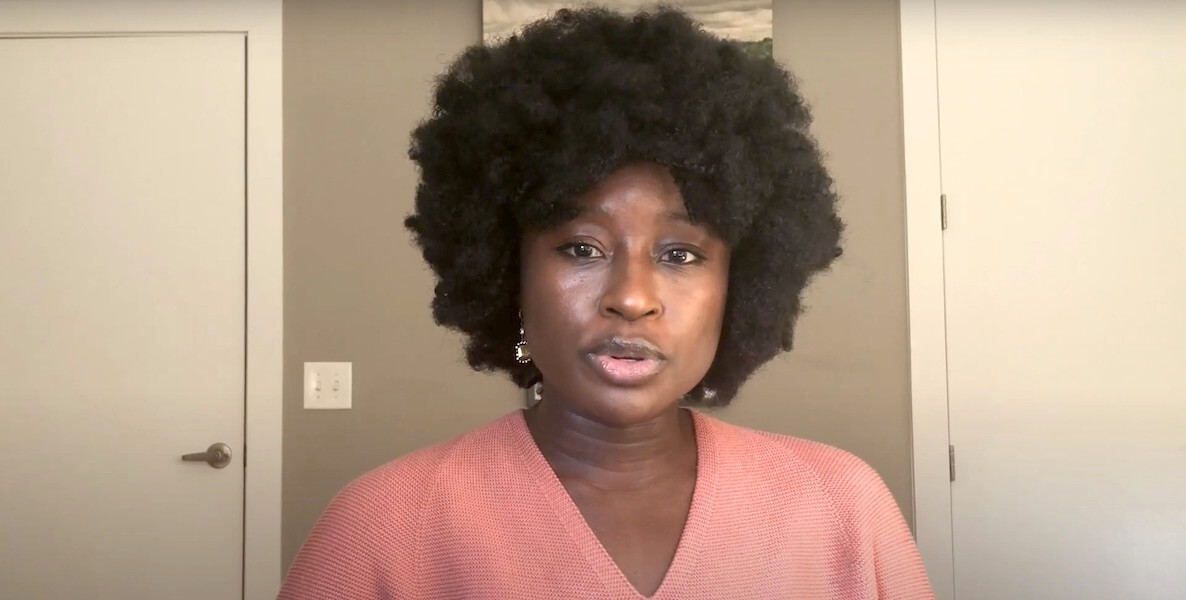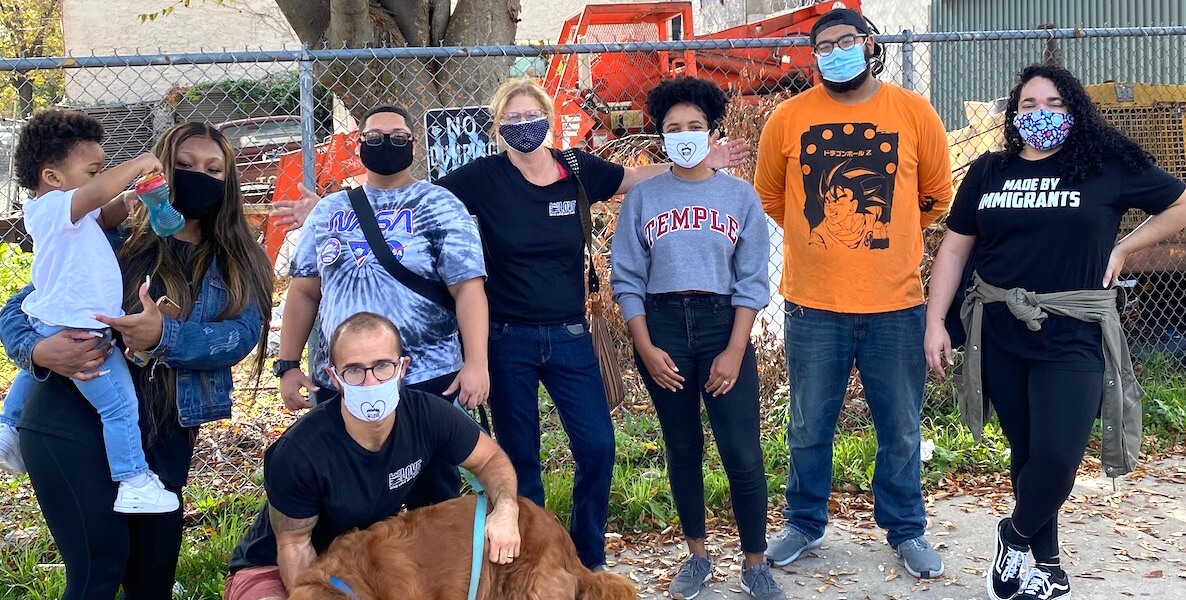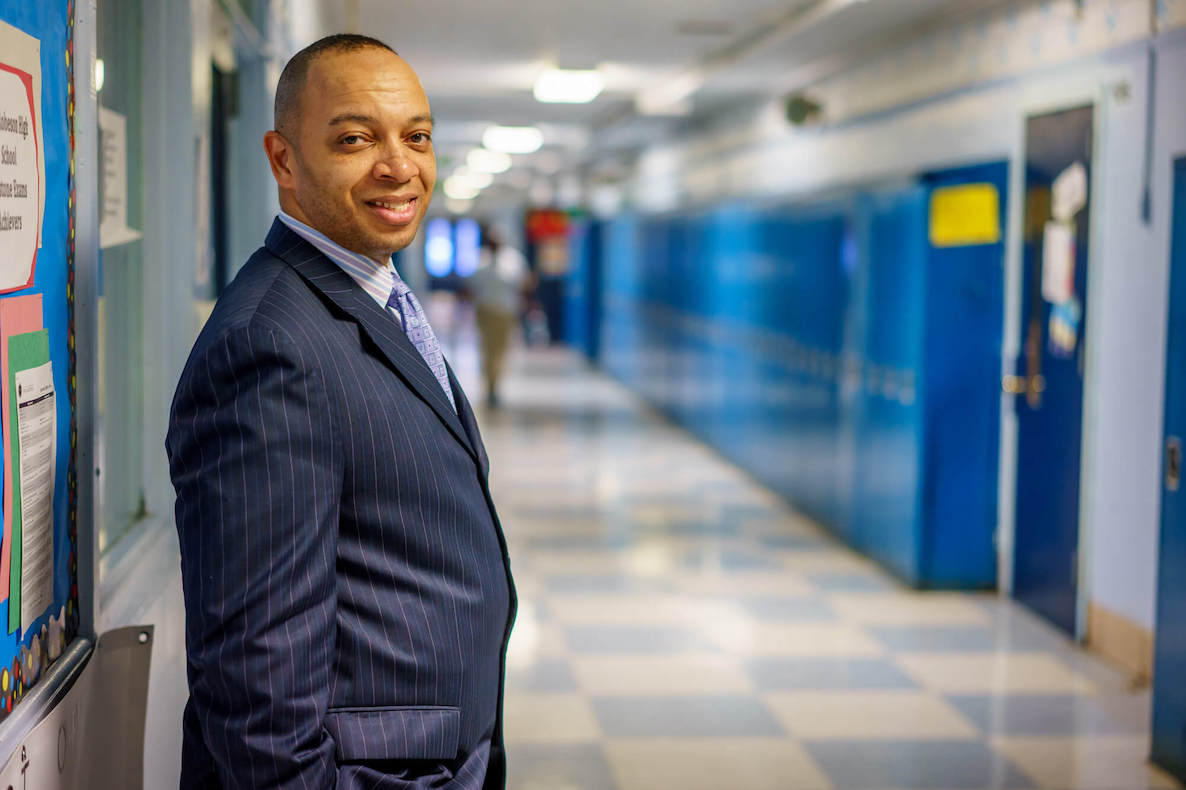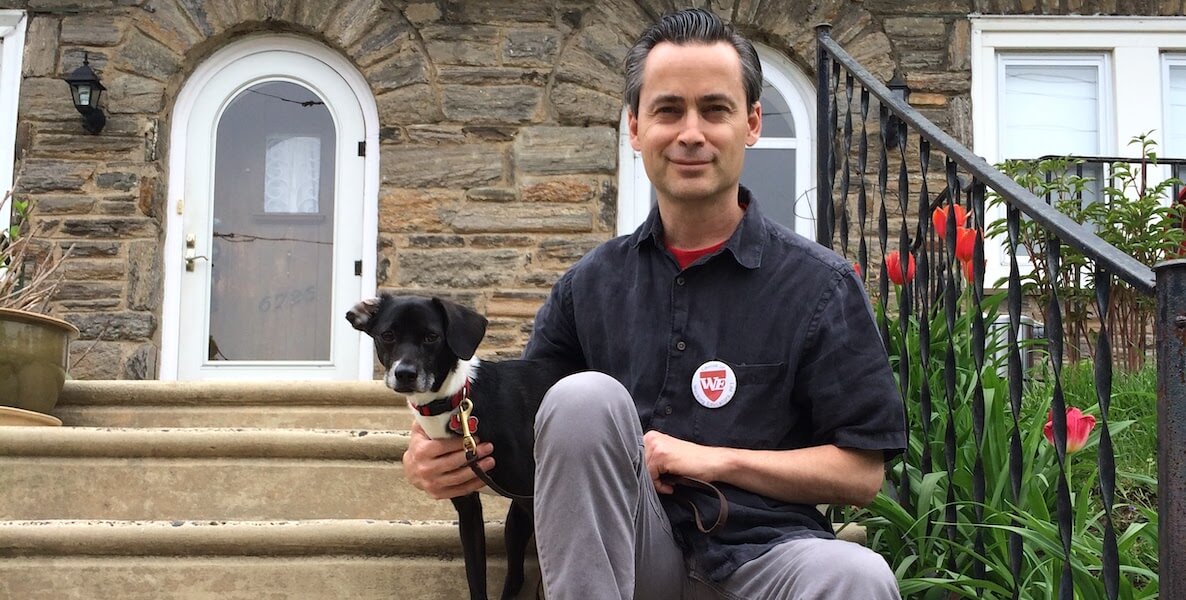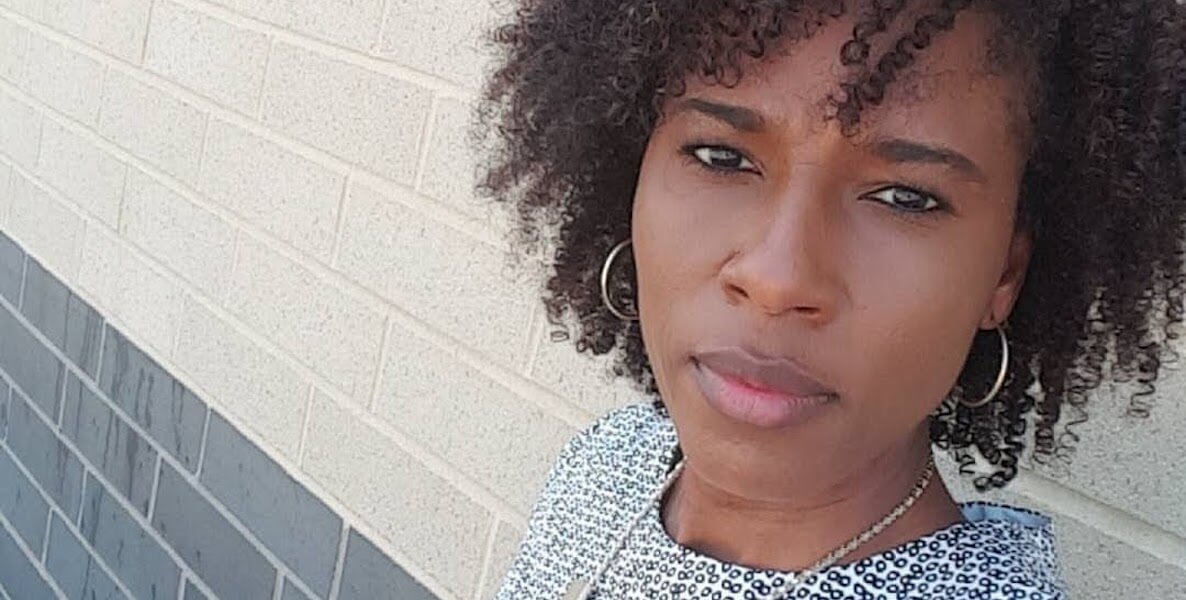In the annals of Philly-style political shenanigans, last week was a doozie:
First, there were the daily updates from the ongoing John Dougherty / Bobby Henon trial, which gave us such nuggets as recordings of Councilmember Henon allegedly seeking $13,000 in campaign funds in return for publicly embarrassing Verizon during a contracted labor negotiation.
There was a report about state lawmakers receiving hundreds of thousands of dollars in donations from law firms that performed work for the assembly—including our own Sen. Vincent Hughes.
And then there was the news that federal prosecutors had filed charges against Marie Beren, a former staff member of City Councilmember Mark Squilla, for allegedly falsifying election results in a case associated with former State Rep. Michael “Ozzie” Meyers, of Abscam fame. Her alleged crime? Casting about a dozen fake ballots per election and voting multiple times in some races.
It’s a ridiculous, small ball, and (almost) comical cascade of bad behavior from people we should expect better from, and it feeds the slow drip of apathy and disgust that pervade our citizenry, result in dismal voter turnout for local elections, and make us (rightfully?) distrust our government and its employees.
Here’s the thing, though. Those headlines? They don’t tell the whole story.
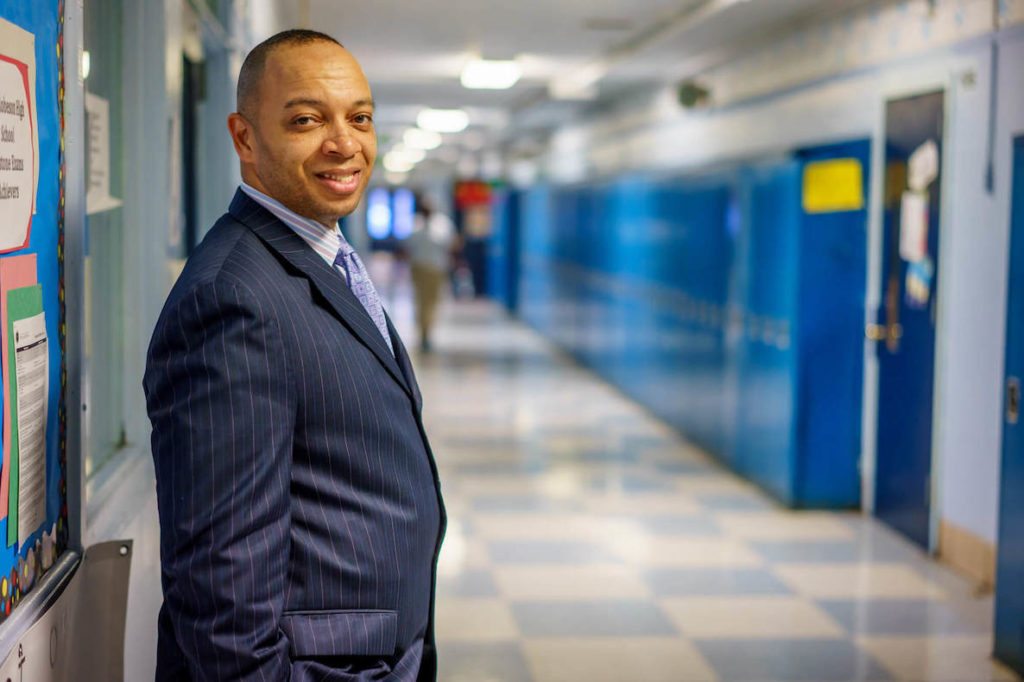
They don’t talk about, for example, Richard Gordon, principal of Paul Robeson High School, who was last year’s top vote-getter for our inaugural Integrity Icon contest. Gordon is a taxpayer-paid worker who is exactly the kind of civic leader we deserve here in Philadelphia: He’s spent 25 years working in urban public education, has turned around a once-failing high school, is always available for students, and is a cheerleader for the future of our children and our city.
“It’s about putting kids first,” Gordon says. “You can’t work for me at Robeson unless you believe that and you actualize that every single day in our building. We work together to ensure that our students understand that everything we do is geared toward their welfare and well-being.”
Outside of the School District, some 25,000 people work for the City of Philadelphia, in about 1,000 different job categories—from the person who answers the phone in your City Councilperson’s office, to the folks who haul away our trash, plant our trees, fix our potholes, drive our ambulances, coach our rec center teams, provide health and social services—and more, so much more. I’m confident in saying that most of those people do a good job. I know that many of them do an extraordinary job of providing the residents of Philadelphia with exceptional service.
It’s those people we’re looking for as we launch our second Integrity Icon contest—in partnership with D.C.-based Accountability Lab, Better Civics and Asociación Puertorriqueños en Marcha (APM)—to name and fame the city employees who go above and beyond to do ethical, high integrity work for Philadelphia. As they did last year, the Thomas Skelton Harrison Foundation is also supporting the campaign.
Who can be nominated for an Integrity Icon award?

The Integrity Icon competition works like this: Over the next 10 weeks, we’ll accept nominations here for anyone—except for elected officials—whose salary is paid by city taxes. That could be, for example, the bike cops Cherelle Parker praised at a gun violence hearing this week, who are part of the neighborhood they patrol. Or the sanitation workers Terrell “Ya Fav Trashman” Haigler—one of this year’s Integrity Icon judges—features on his Twitter feed. Or the helpful and informative folks at Vector Control, the Philadelphia Health Department agency in charge of pest control, who will come to your home to help you with your rodent infestation. (For a sense of who all is included, see this page of departments on the city’s website.)
The criteria we’re looking for is simple, but powerful: A high-integrity public service employee is respectful and caring; knows their work makes a difference to people’s lives; acts in a trustworthy and transparent way to solve problems the best they can; treats everyone equally, without regard to politics or influence; and goes above and beyond to provide good service to Philadelphians.
Once we close nominations at the end of December, we’ll spend a few weeks vetting the candidates and narrowing the list down to eight or 10. Our panel of esteemed judges will select the five finalists in early January. Then, we’ll film short video bios of each finalist, and again ask for your help in selecting the people’s choice Icon. More importantly, we’ll ask for your help celebrating them and their work. (Stay tuned for word about a gala in early spring to honor the winners.) Their prize is glory—that’s it, because that’s all that integrity calls for.
In addition to Haigler, our judges this year include: Michael O’ Bryan, founder of strategic design firm Humanature and a fellow at the Lindy Institute for Urban Innovation; Nilda Ruiz, executive director of APM; Jen Devor, co-founder of Better Civics (and a Generation Change Philly fellow); and Amy Kurland, former Inspector General of the City of Philadelphia. We’ll tell you more about all of these incredible high-integrity people in the weeks to come.
The meaning behind and impact of Integrity Icon
A project of Washington, D.C.-based nonprofit Accountability Lab, Integrity Icon (formerly Idol) started about 10 years ago as an annual contest to find and celebrate the best, most honest, most helpful public servants in countries that are often rife with corruption. It operates on a simple premise that could be powerful enough to change the world: What if instead of just putting corrupt officials behind bars, we put honest officials on TV?
“We are holding up role models for others to believe in and imitate,” Accountability Lab founder and Executive Director Blair Glencorse told The Citizen in 2018. “That’s very powerful.”
The Citizen featured Accountability Lab’s Cheri-Leigh Erasmus at our first Ideas We Should Steal Festival in 2018 and then last year became the first American city to partner with the organization to launch our own version, along with United Way of Southeastern Pennsylvania and New Jersey; WURD; and SEAMAAC. It was, as you may recall, a strange and difficult year; after announcing that nominations were open in early March, we put the contest on hold until the fall.
From the several dozen nominees that came in, the judges last fall selected four who were educators: Gordon; Central High School Social Studies teacher and PA Youth Votes co-founder Thomas Quinn; One Bright Ray Community High School history teacher Carlos Aponte; and School District of Philadelphia Social Studies Curriculum Specialist Shaquita A. Smith. The fifth icon was Dr. Ruth Abaya, a city public health manager working to end gun violence in Philly. We celebrated all five with a virtual gala hosted by WURD host (and last year’s Integrity Icon judge) Syreeta Martin.
In the six months or so since the public celebration, Philly’s first Integrity Icons have used their status to build bridges and as a platform to spread the word about the importance—and benefit—of bringing a high level of integrity to the work they do. Gordon, who was nominated for six awards in the past year—including being named Principal of the Year by the National Principals’ Association—notes that this particular honor was something different: Not about education, but about character.
Becoming an Integrity Icon hasn’t changed Gordon’s perception of integrity; but it has emboldened it and given him a new awareness of why it’s important. That has encouraged him to be an even stronger advocate for a fair and equitable education system. This year, he has had the opportunity and—partly because of his Icon status, he says—the confidence to meet twice with the U.S. Secretary of Education; Chelsea Clinton; the EPA; and school boards.
“People can fix my building and the expectation is that it will shut me up. But actually it is larger than that—integrity and inclusion are system-wide issues,” Gordon says. “It’s not just about having a successful school. It’s also about how to utilize that for the greater good of society and building larger conversations. You have to be a person of integrity so your voice is heard, so you can avoid being smeared or be perceived as political.”
The others, too, have stories about how being Icons of integrity have helped open doors and given them a bigger soapbox. That, in the end, is the point: to create an army of city workers known for their integrity, who model high integrity to their colleagues and young Philadelphians starting out in their careers, to remind all of us that government of the people can also be for the people.
So, who is your City of Philadelphia Integrity Icon?
![]()
RELATED



 Respectful and caring
Respectful and caring